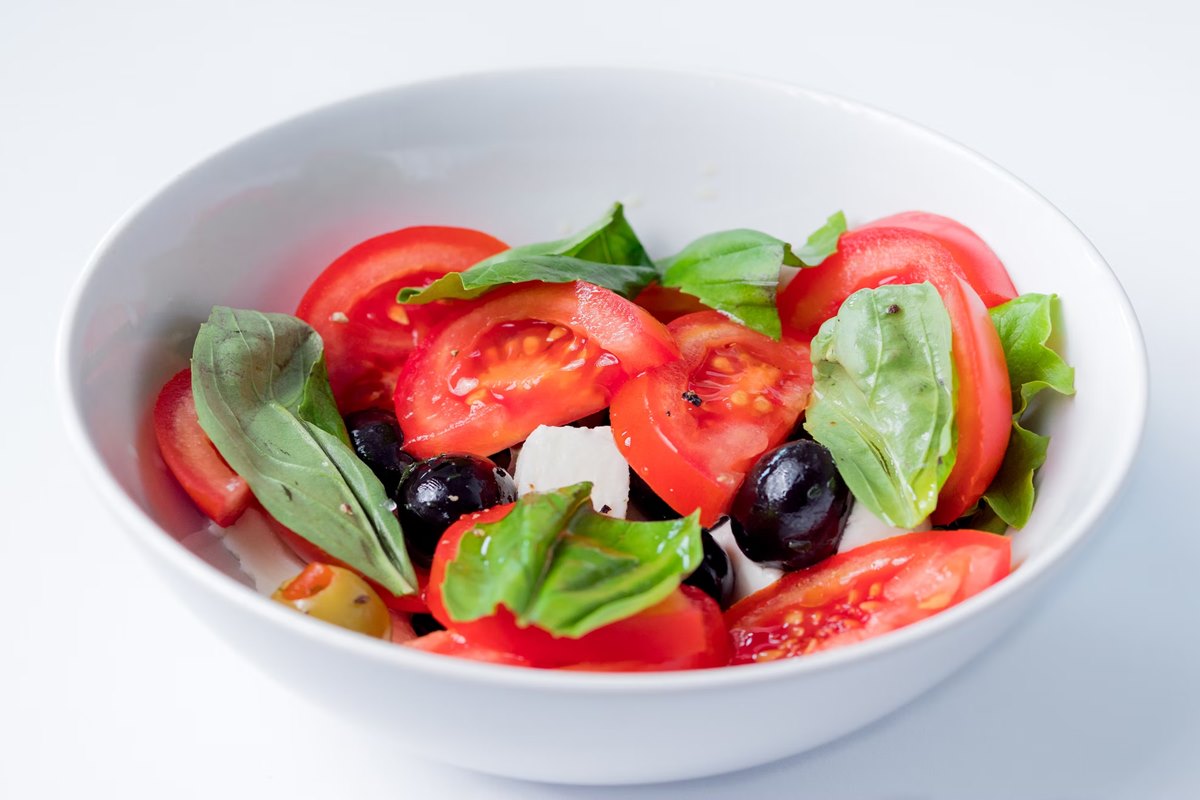Whether we acknowledge it or not, many of us fall short of staying adequately hydrated during the winter months. There’s a rationale behind this: decreased sweating and constricted blood vessels in response to the need to maintain the body’s core temperature. Consequently, our minds might signal that we aren’t thirsty, even though our bodies continue to utilize stored water for everyday functions. Neglecting proper hydration can lead to severe dehydration and disrupt various bodily functions. In addition to sipping warm water periodically, consider incorporating these hydrating foods into your diet to ensure your body’s hydration levels remain optimal.
Spinach
Insufficient water intake during winter can adversely affect skin and hair health. Spinach, a winter superfood abundant in potassium, folate, and Vitamin E, is an excellent addition to your daily diet. Beyond its nutritional benefits, spinach is an incredibly hydrating leafy green, containing 93% water. Whether you choose to prepare warm and nourishing palak paneer or a quick and convenient spinach smoothie, harness the benefits of this wonder food.
Bell Peppers
Saute them with corn or toss them into your favorite salad—bell peppers are not only visually appealing but also rich in Vitamin C, beta-carotene, thiamine, and folic acid. A raw bell pepper consists of almost 94% water, 5% carbs, and 1% protein, making it an extremely hydrating vegetable that’s readily available.
Tomatoes
While you might apply tomatoes topically for a glowing and radiant look, did you know that they are composed of 90-95% water? This highly hydrating vegetable is versatile and can be incorporated into various Indian dishes, salads, and juices. So, as you indulge in a tomato puree facial pack, complement it with a refreshing tomato juice enriched with other nutritious ingredients.
Olive Oil
Scientifically proven to reduce the risks of cardiovascular diseases, olive oil also contributes to body hydration. Packed with healthy monounsaturated fats, Vitamin E, and antioxidants, olive oil helps maintain hydration levels both internally and externally.
While external moisturization is crucial during winter to prevent dull and dry skin, internal hydration is equally vital. No matter how extravagant your skincare routine, neglecting internal hydration will inevitably manifest on your skin. Try these hydrating foods for better health.












